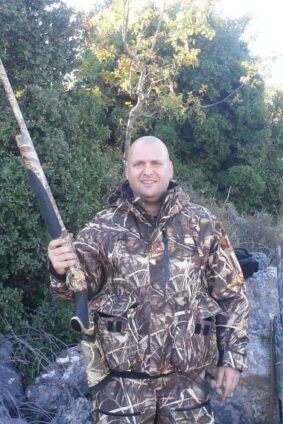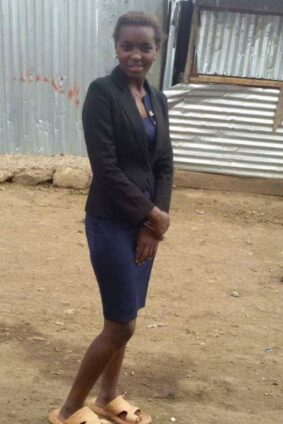OUR CASES
Cases of Kafala Abuse in Lebanon
Lensa reveals all about Eleanore Couture's abuse and enslavement of migrant domestic workers in order to make their dresses. This story goes far beyond dresses.
The following is a testimony from Ednalyn Almazan, a Filipino woman who came to Lebanon in August 2014 to work for Dr. Lina Dakar Mattar, a dermatologist, and her husband Dr. Jean Maurice Mattar, an orthopedic surgeon. After two years of working for the Mattars, she asked to return home to the Philippines but her employers wouldn’t let her. She says she was not allowed any days off, and she says that she suffered physical abuse from her employer after she purchased her own ticket home. She left Lebanon in October 2017, having worked for them for over three years. To this day, she is owed $1,850.
Below is the anonymised testimony from a domestic worker who came to Lebanon to work for a man named Emile Bou Farah in 2010. Her account details the sexual harassment she says she faced, and the physical abuse she witnessed at the Saliba Agency which employs domestic workers. She says that Emile Bou Farah preyed on her, made unwanted advances and sexually harassed her. Furthermore, she alleges that she worked 16 hour days and was only allowed to eat once a day.
Sonam Moktan, Nepali, came to Lebanon in early 2007 to work for brothers Boutros and Ghassan Bou Younes. Boutros was her employer, but she was handed over directly to his brother, Ghassan. She ended up enslaved for a period of 10 years. In her decade in Lebanon, she is alleged to have faced both physical and sexual abuse. She worked tirelessly, without any holidays or breaks. Her employers did not provide basic items such as clothing and sanitary protection. They told her that her entire family had died in the 2015 earthquake in Nepal. She had almost no contact with them for ten years.
Florence Njoki Wangari arrived in Lebanon from Kenya in June 2014 and left in June 2017. Her first 18 months’ salary were paid but the last 18 months remain unpaid. She repeatedly asked for her full salary, and was told in return that it was ‘in the bank’. Florence was sent back to Kenya for her father’s funeral with the promise of return, so she didn’t even take her clothes with her. When she contacted her employers from Kenya, they blocked her. She is still owed $3,000.






